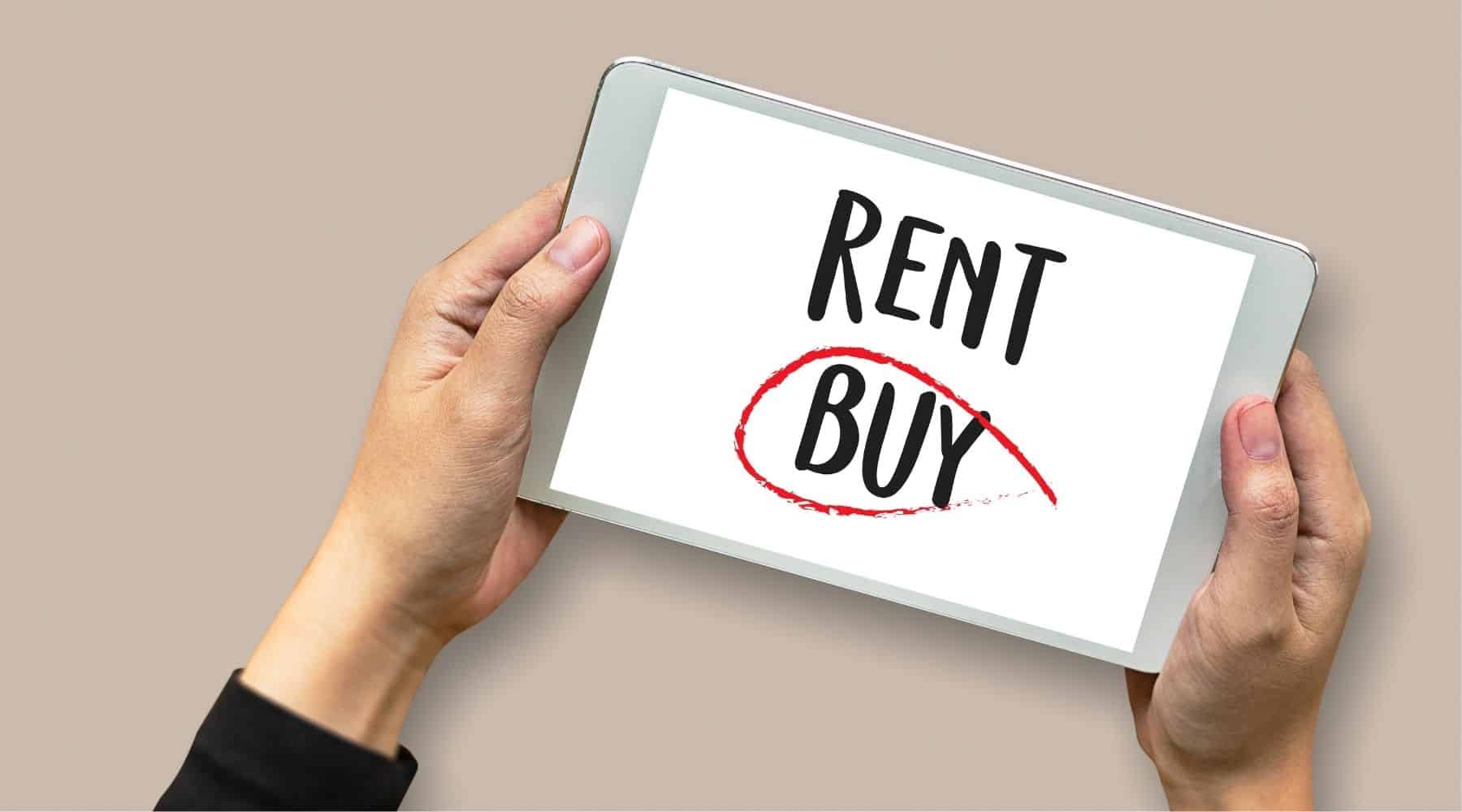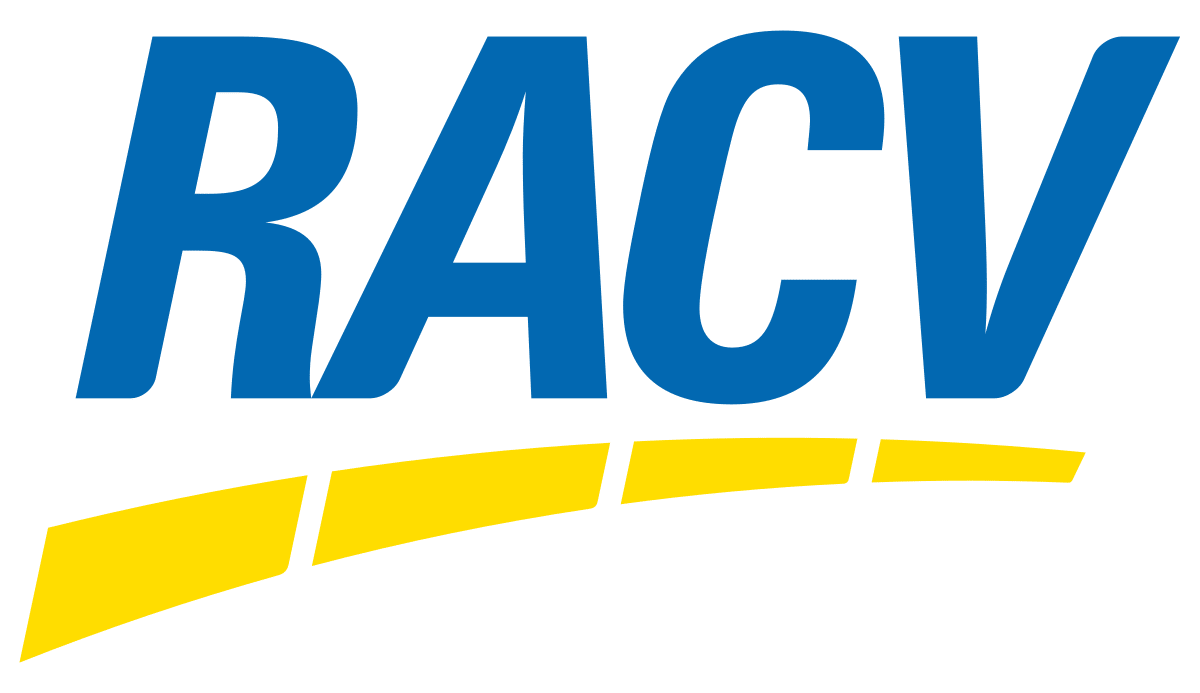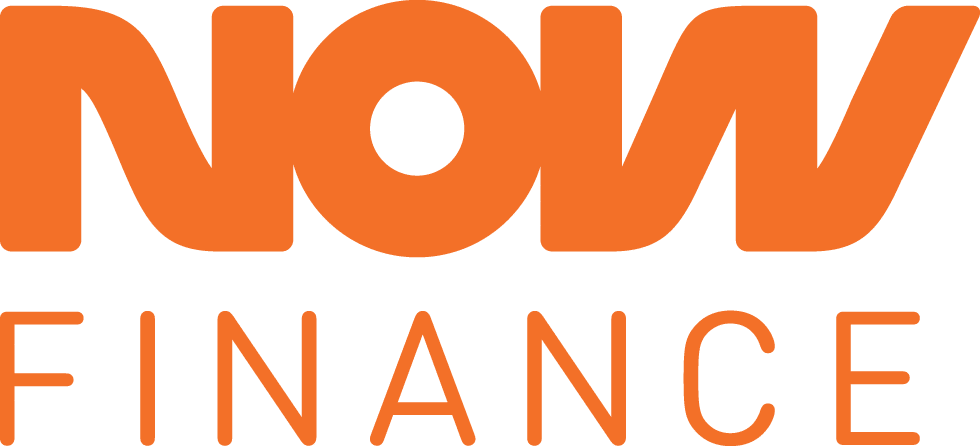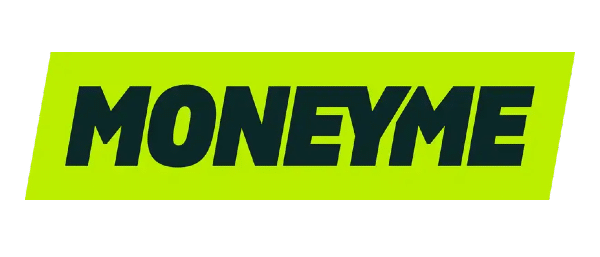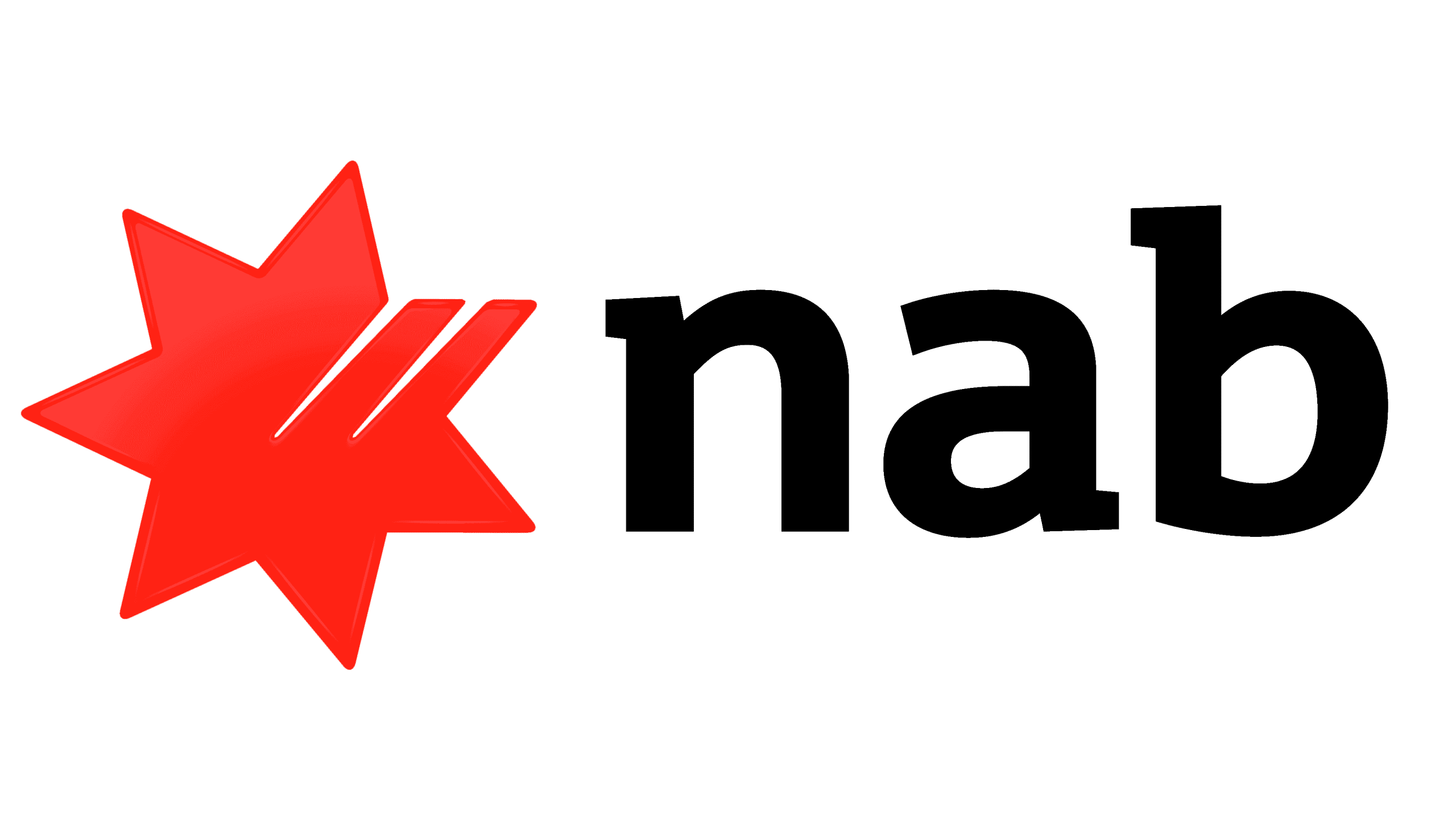If you’re a renter thinking about buying a property, it’s useful to compare the long-term costs of renting versus owning to see the difference and how much you could save.
Our rent vs buy calculator can help you estimate the cost of your home loan repayments, how it compares to renting over the same period and how much home equity you could build up over the life of your loan.
How to use our rent vs buy calculator
To use the rent vs buy calculator, enter details about your savings, current rent and the estimated purchase price and costs of the property you’re considering.
If you’re unsure of the exact figures, you can use reasonable estimates for things like upfront costs, interest rates and expected property growth.
The calculator will estimate your potential monthly mortgage repayments, how much equity you could build over time and whether, based on those assumptions, you may be better off renting or buying.
Renting vs buying: the benefits
Pros of renting
-
Flexibility
Renting isn’t a long-term commitment, making it easy to move when you need to, whether it’s for work, study or a change of lifestyle.
-
Maintenance handled by the landlord
Repairs and upkeep costs are usually taken care of by the property owner, saving you time, money and stress.
-
Lower upfront costs
Renting means you can secure a place without a large deposit, stamp duty or other fees, making it easier to get a home.
Pros of buying
-
Build equity
Each mortgage payment goes towards owning your home, building value rather than going towards rent.
-
Long-term security
Owning your home gives you stability and control over your living situation, so you can plan ahead without worrying about lease terms or landlord decisions.
-
Freedom to personalise
As the property owner, you can renovate, decorate or adapt your home to suit your needs and personal style.
If it’s cheaper to rent where I live, should I not buy a property?
In many higher-priced suburbs, renting can cost far less than repaying a mortgage on a similar property. That can make buying in your preferred area feel out of reach, at least in the short term.
Take Adelaide as an example. According to data released in January 2026, median weekly rent in the inner suburb of Medindie sits at $1,315, compared to median mortgage repayments of around $3,535 per week. For many households, that difference makes renting the more financially manageable option.
The situation can look very different elsewhere. In Tonsley, a southern suburb of Adelaide, median weekly mortgage repayments on a unit are around $431, while rent sits at $625 per week. In this case, buying may actually cost less than renting.
If you want to live in your preferred area but can’t afford to buy there, one strategy some buyers consider is ‘rentvesting’ – renting where they want to live while purchasing an investment property in a more affordable suburb, where prices are lower and rental yields may be stronger.
This allows you to start building equity and benefit from potential property growth, while still living in a location that suits your lifestyle.
What are the costs of buying a house?
When you buy a house, it’s not just the deposit you need to account for. There are several government, legal and lender fees involved before you get the keys, and they can add up to thousands of extra dollars. It’s important to factor these in:
- Stamp duty: this is charged by state governments on property purchases. It varies by state and property value, but can amount to tens of thousands of dollars.
- Mortgage registration and transfer fees: these are government charges for registering your home loan and transferring the property into your name, adding several hundred to a few thousand dollars to your costs.
- Legal and conveyancing fees: a conveyancer handles the legal transfer of the property into your name. Fees typically range from several hundred to over $2,000.
- Mortgage fees: some lenders charge an application or establishment fee when setting up your loan, which can cost hundreds of dollars. There may also be small ongoing administration fees each month that can stack up over the course of the loan.
- Building and pest inspections: a building inspection usually costs around $500, with additional costs if you choose to add a pest inspection.
- SA housing: Where renting beats buying by $2000+ weekly - realestate.com.au

